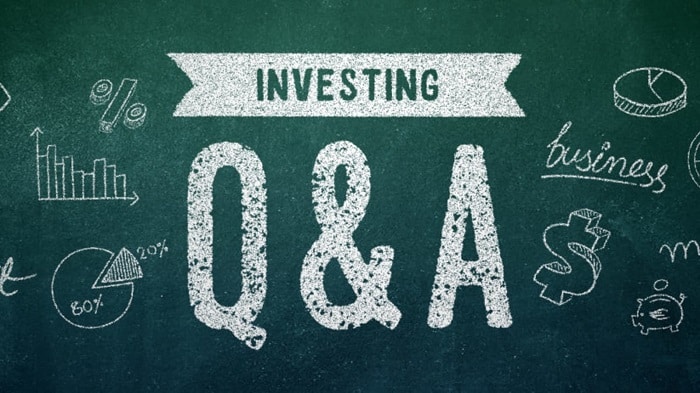The biggest financial mistakes are made in bull markets, and ultimately unravel in bear markets. One of the best ways to avoid making money mistakes is to ask the right questions. The more you ask before investing, the more at peace you will be after you put in money. Here are 10 questions that you should ask yourself before investing in any financial product. Answer them honestly and you will not go wrong.
1. Am I being led by FOMO?
A new financial product is on the block. Everyone is buying it. Are you taking a bite because everyone else is relishing it? Don’t. Alpha is never created by buying what everyone else is buying at a similar or higher price. Goals, not FOMO, should define investment choices.
2. Am I earning a lot more than the risk-free rate?
If a financial product, especially a debt offering, promises much higher returns than the existing risk-free rate that too in a guaranteed and consistent manner— it is an immediate red flag. Debt returns greater than the risk-free rate, come with risk. In a low interest rate environment, there is a desire to stretch the boundaries of credit risk or duration risk for a little more yield. Don’t do that. Remember, in debt in debt investing, safety of capital matters the most.
3. What gives me a right to make money?
Do I understand why this product will make money and am I convinced with that argument? Has it made money in similar times in the past? What has past performance—rolling, not absolute—been? Make sure to check rolling returns to have realistic return expectations that are not influenced by one bull market.
4. Why will I lose money?
When will I lose money, and when will I lose a lot of money? In what market conditions? Find out if the product has lost money in the past, especially extreme money. Compare if those situations remind of you something today.
5. What value will this add to my portfolio?
You don’t buy a product because it just got launched. It should meet a need in your portfolio and it should add an exposure that you already don’t have. Are you buying a third tech fund, thus tripling down on tech exposure? Or are you buying something genuinely new? Don’t load up on mutual funds like clothes in a closet!
6. What am I paying for this?
Do you know the fee structure? Is this product too expensive, and if so, is it worth it? Is this product too cheap, and if so, what am I missing? It’s important to understand costs, and costs in completion and detail.
7. Why should I lock my money?
If I am locking in my money, what I am getting in return for doing so? How can I exit if something goes wrong? Remember, if you are giving up on liquidity you should get significant incremental returns for doing so.
8. Are there simpler products with similar risk-reward?
Can I get the same returns-risk-exposure in a simpler/cheaper/more liquid product? Simplicity is always the preferred option.
9. Is the product well-regulated?
Do I trust the person/firm I am handing over my money to? Have they done the job well in the past? Have I done reference checks? Why do I trust them? What is my regulatory recourse if things go wrong? You must have all the answers. Never buy unregulated products.
10. What do I need to monitor after investing?
Investments need to be monitored. Understand the disclosures and information you need to monitor after investing. Ask if this will be available. If there is no transparency, it is a red flag.
Source : ET

